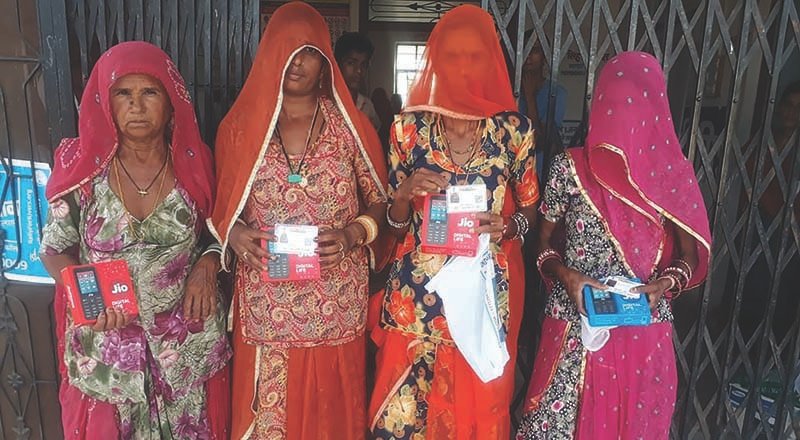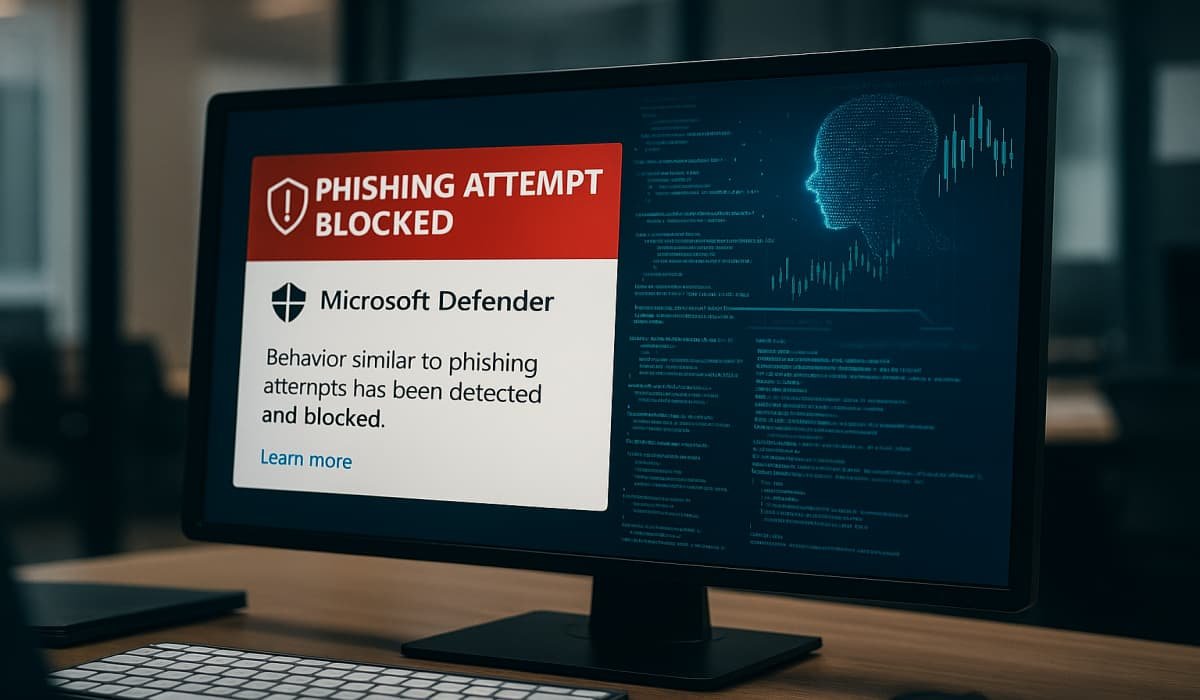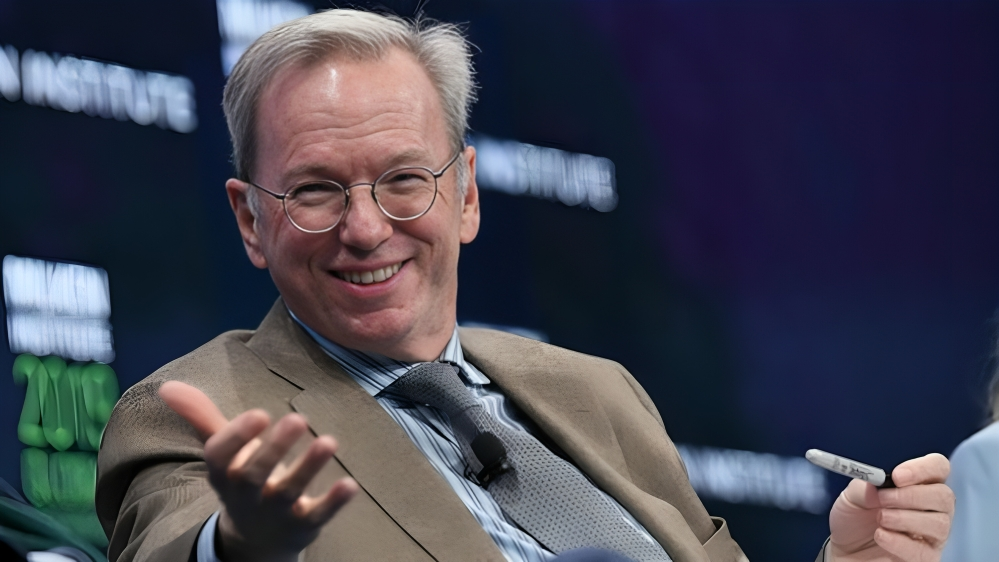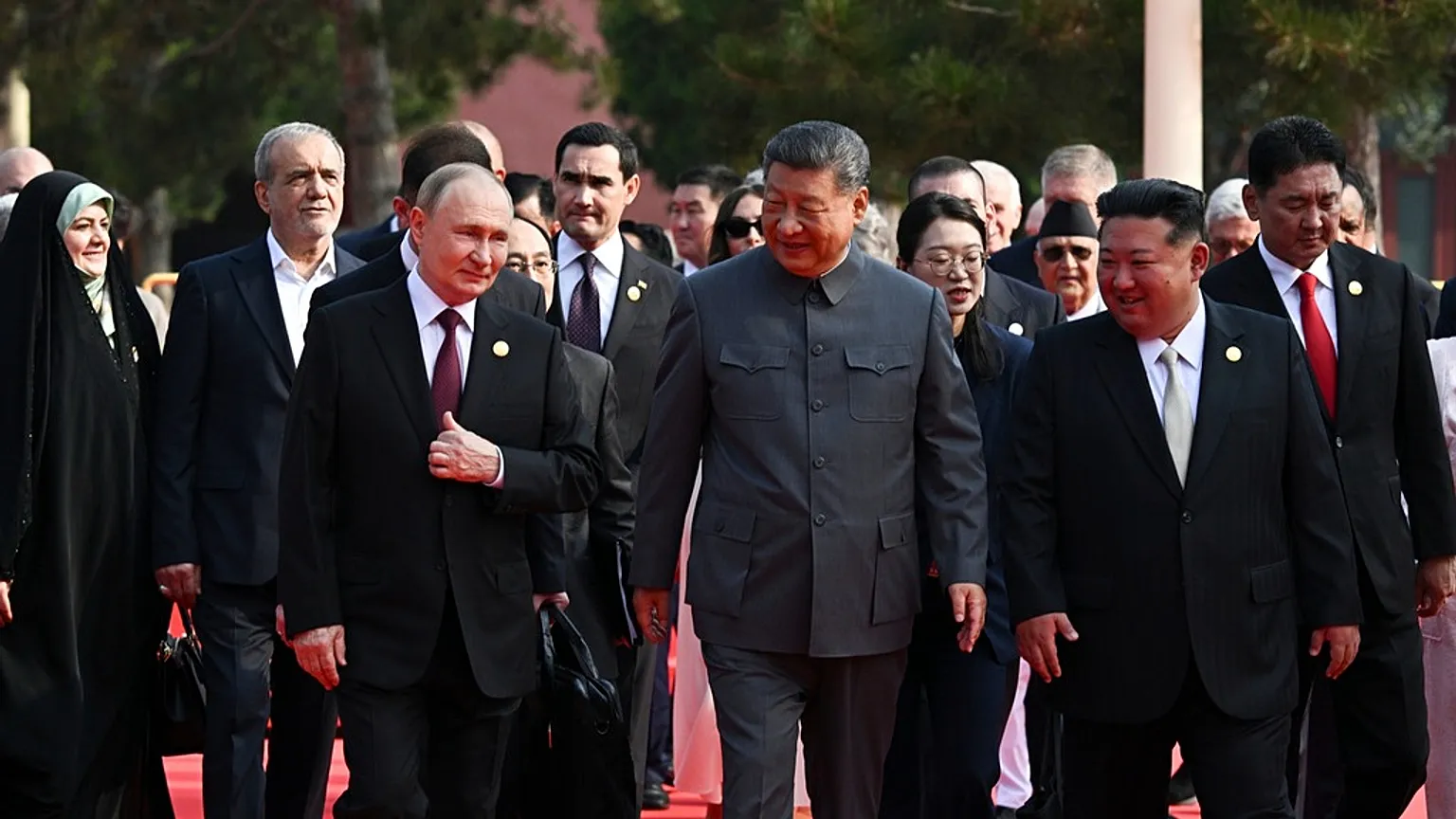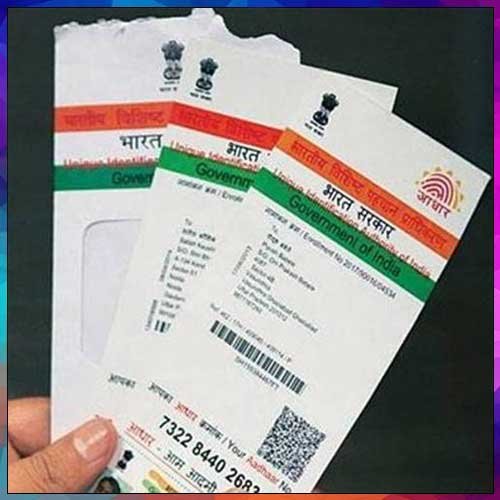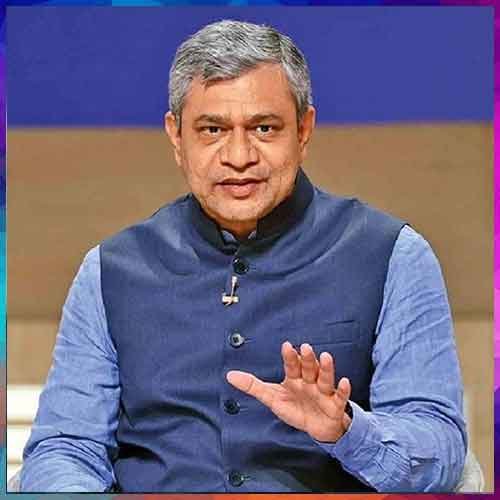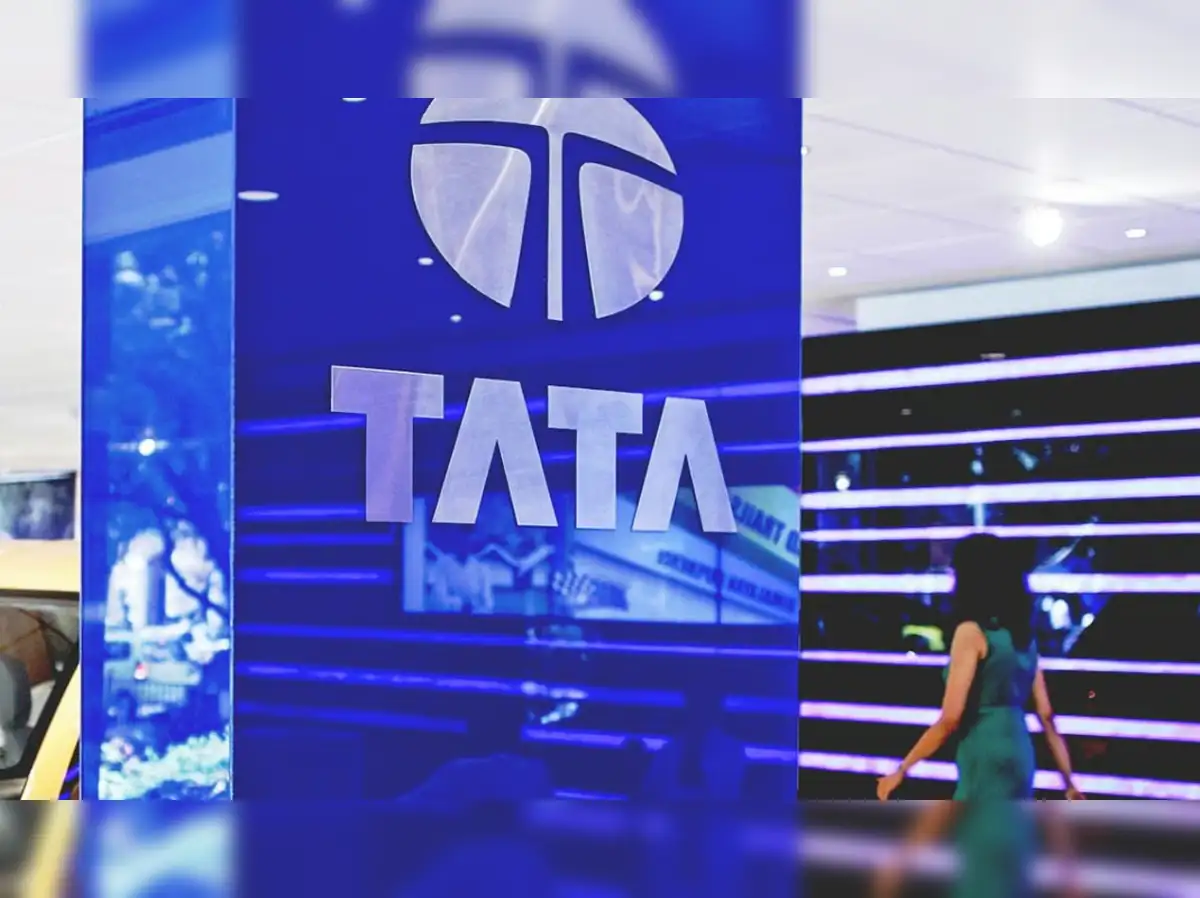
Tata Trusts Rift Deepens Over Board Control and IPO
A fierce power struggle is underway within Tata Trusts, the philanthropic body controlling 66% of Tata Sons, which holds sway over the Tata Group, India’s $300+ billion conglomerate. The dispute has escalated following the removal of former Defence Secretary Vijay Singh as a Tata Sons nominee director, exposing deep divisions among trustees over board appointments, governance, and strategy.
Two camps have emerged: one led by Noel Tata, chairman of Tata Trusts and half-brother of deceased patriarch Ratan Tata, and the other by Mehli Mistry, aligned with the Shapoorji Pallonji family, which holds a significant minority stake in Tata Sons. The rift centers on control over board seats and the handling of sensitive issues, including a proposed capital infusion into Tata International Ltd that some trustees allege lacked proper consultation.
The prospect of Tata Sons’ IPO, driven by its classification as an upper-layer nonbank financial company by the RBI, has further inflamed tensions. Some trustees resist the IPO fearing dilution of their veto powers and possible takeover risks, while the Shapoorji Pallonji group insists the listing is a “moral and social imperative”.
The Indian government has intervened, urging swift reconciliation to protect group stability and safeguard the conglomerate's crucial role in India’s economy. Recent meetings have been described as cordial but have yet to resolve the core issues.
Meanwhile, Tata Consultancy Services plans a $7 billion investment in a 1 GW data center in India, signaling Tata’s drive toward digital growth despite possible pressures on returns amid ongoing governance challenges. The boardroom drama highlights a pivotal moment in Tata’s legacy, with far-reaching implications for governance, control, and future growth in one of India’s most storied business houses.
